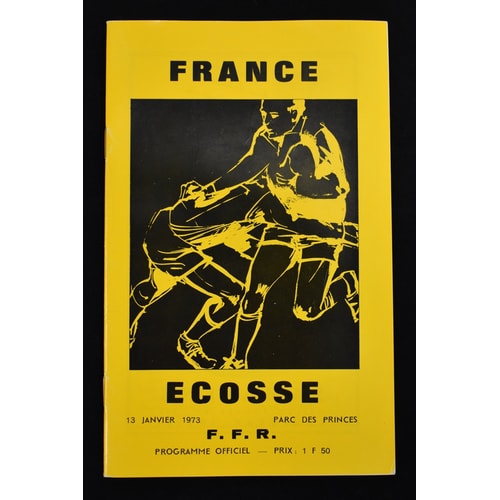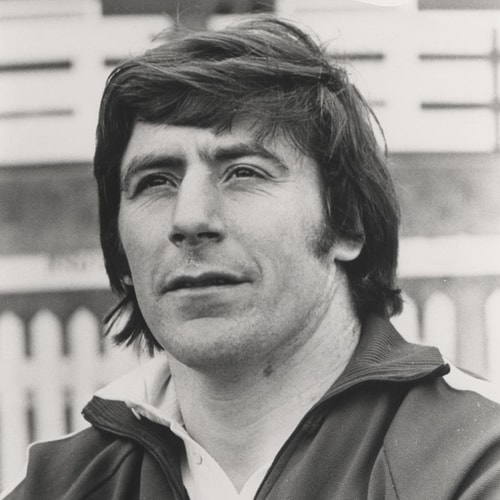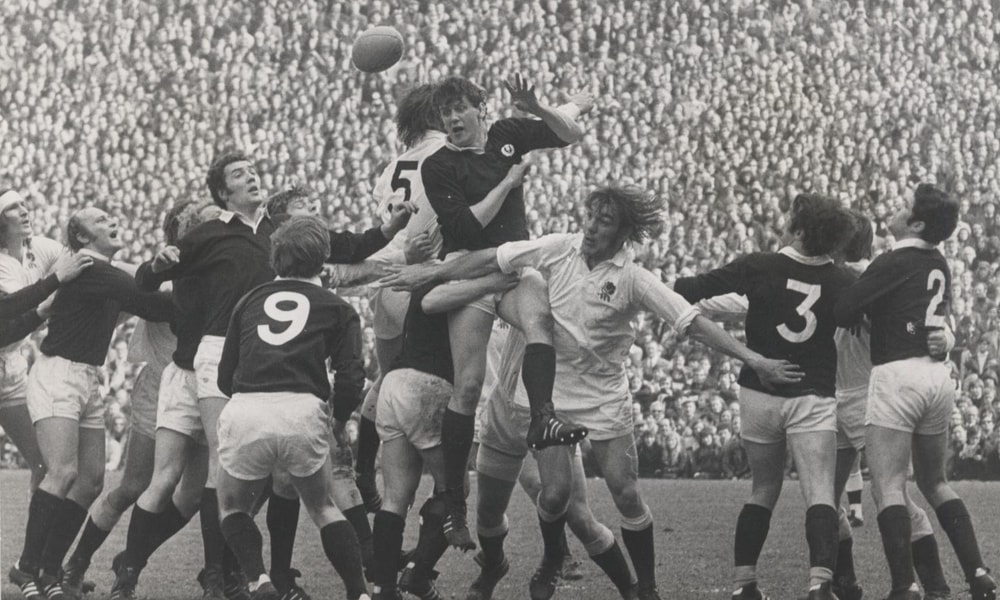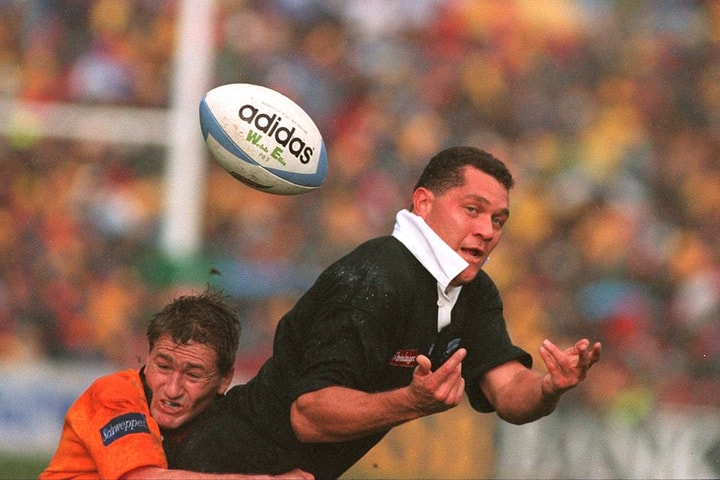As a result of The Troubles in Ireland, the 1972 incarnation of
the competition was cancelled, with Scotland and Wales declining to
travel due to an escalating political situation. Both Wales and
Ireland had won both of their matches, 3 and 2 respectively, but
because fixtures remained unfulfilled, neither could claim the
title.
This meant that going into the 1973 competition, Wales were the
reigning champions, having completed the Grand Slam in 1971; they
were also firm favourites to go on and achieve the same this
year.
They opened their tournament by welcoming England to the Cardiff
Arms Park, and with such luminaries as Phil Bennett, Gerald Davies,
Gareth Edwards, JPR Williams and Mervyn Davies, scored an
unprecedented five tries in a 25-9 thrashing. England were
described as inept.
After this opening result, Wales were expected to walk the
competition. This fixture does present an exception to the rule in
terms of scoring however; games through the late 60s and early 70s
were generally very low scoring affairs. In this championship
alone, this was the only game in which the difference in score
would be in double-digits.
Looking back over the previous few years of the competition, no
side who topped the table had scored more than an average of 20
points per game. 1969 was the closest at 19.75, but in 1966, Wales
were crowned champions having only scored an average of 8.5 points
per game. Interestingly though, and while we certainly regard the
1970s Welsh vintage as one of the best, the average number of tries
scored fluctuated relatively little year on year from 1969 right
the way through to the late '90s, hovering somewhere between 2.5
and 3.5 tries per game. The turn of the millennium brought this
number up to around 5 per game, though the last few years have
perhaps seen this number fall away slightly.
Tries scored over the course of the competition isn't
necessarily an absolute of impression of the style of play of the
teams at the time, but through from the early '50s to the early
'70s, the disparity between each side was at its most minimal; a
3-0 win, or a 3-3 draw were relatively common, and games remained
low scoring tight affairs, with little to decide between a winner.
In the case of 1973, the deciding factor would be home
advantage.
Having put in such a good display against England, Wales
travelled to Murrayfield, where they came up against a Scottish
side eager to put their loss to France behind them. The game is
remembered for a Herculean effort from the Scottish in defence,
keeping the Welsh backline at bay, and winning the game by ten
points to nine, Billy Steele and Jim Telfer getting over the try
line for the Scots.








